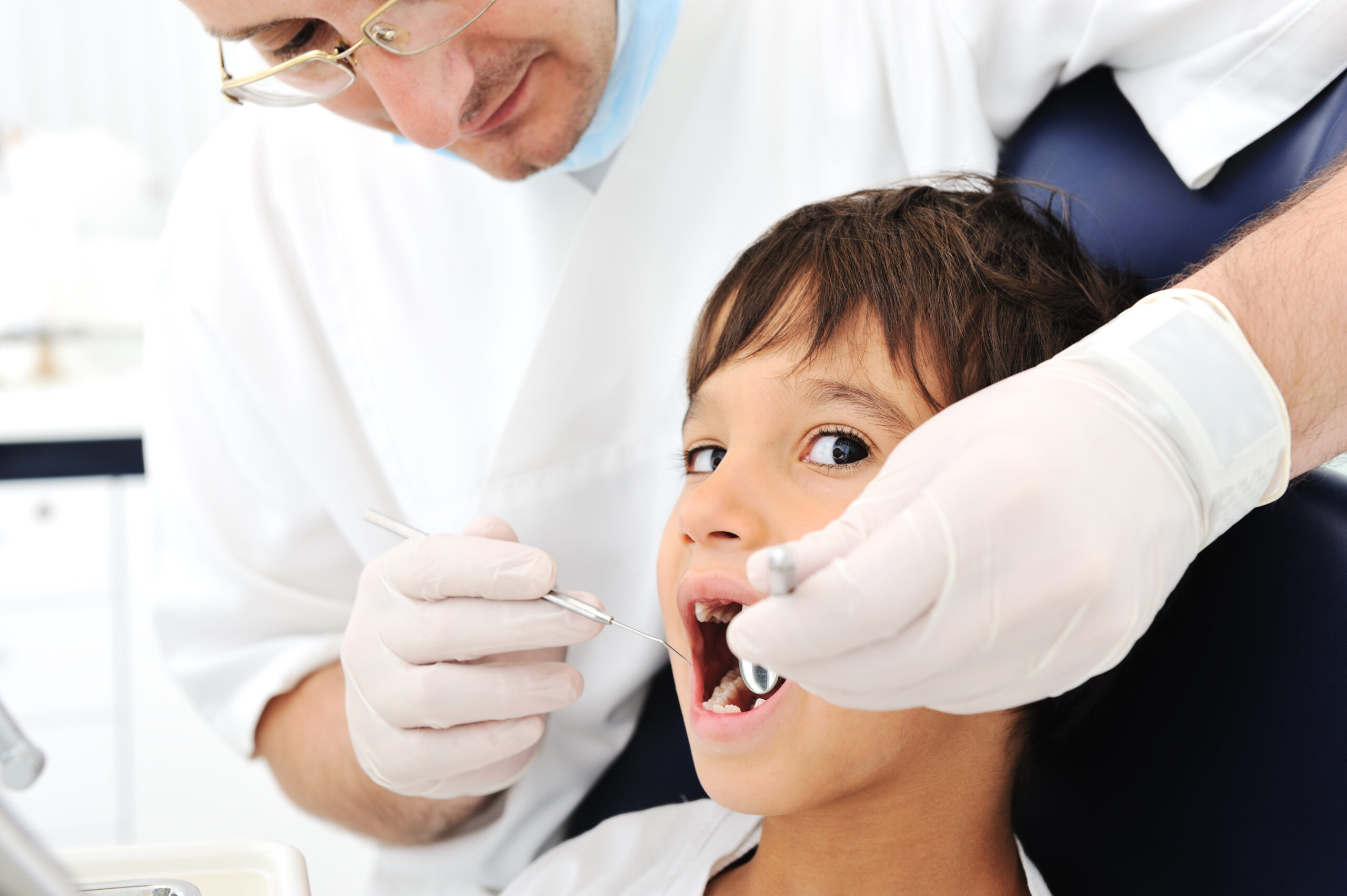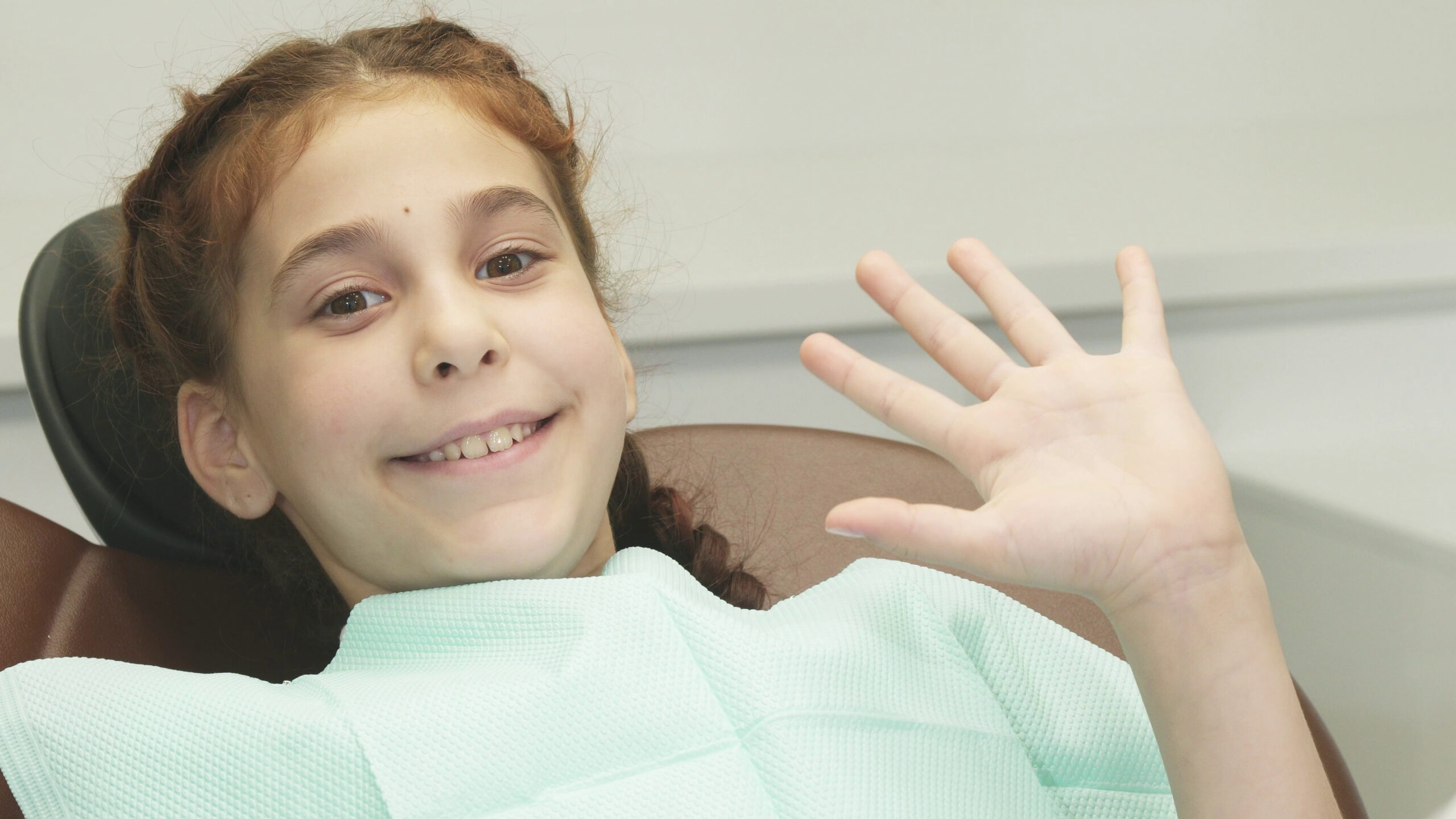
Root Canals In Children: Are They Recommended?
October 08, 2024 ABC Children's Dentistry
Root canals in children can be a source of concern for parents, but they are often necessary to save a child’s tooth and prevent further complications. Pediatric root canals are recommended when a child’s tooth is severely decayed or damaged, but the tooth’s root is still viable. This procedure helps in preserving the tooth, maintaining proper dental structure, and avoiding potential infections that could lead to more serious health problems. Here is a closer look at when root canals in children are recommended and what the process involves.
Why Are Root Canals Recommended for Children?
The primary goal of a root canal in a child is to save a tooth that has been damaged due to extensive decay, trauma, or infection. Even though baby teeth (primary teeth) are temporary, they play an essential role in the development of a child’s oral health. Baby teeth are important for chewing, speaking, and maintaining the space necessary for adult teeth to grow properly.
In some cases, a severely decayed tooth may still have healthy roots. Instead of extracting the tooth, which could cause issues with alignment and crowding of other teeth, a root canal (also called a “pulpotomy” in pediatric dentistry) may be performed. This procedure removes the infected or damaged pulp inside the tooth while leaving the root intact, allowing the tooth to remain functional until it naturally falls out when adult teeth are ready to emerge.
Signs That a Root Canal May Be Necessary
Some common signs that a child may need a root canal include:
- Severe tooth pain: Constant or intermittent pain that worsens with chewing, pressure, or exposure to hot or cold temperatures.
- Swelling: Inflammation around the affected tooth or gum area may indicate an infection.
- Discoloration: A tooth turning dark or grayish may signify that the nerve inside has died due to decay or trauma.
- Abscess formation: A small, pimple-like bump on the gum near the affected tooth could be a sign of an infection requiring immediate treatment.
The Procedure
Root canals in children are similar to those in adults but typically involve less invasive techniques. During the procedure, the dentist or pediatric endodontist removes the infected pulp tissue from the tooth’s interior. The tooth is then disinfected, and the remaining structure is sealed with a special material to prevent further infection. In most cases, the dentist will place a crown on the treated tooth to protect it and restore its function.
For children, root canal procedures are designed to be as comfortable as possible, with the use of local anesthesia and, if needed, sedation to keep the child calm throughout the treatment.
Risks and Benefits
The most significant benefit of a pediatric root canal is preserving the natural tooth, which is crucial for maintaining proper alignment of the child’s developing teeth and jaw. Premature loss of a baby tooth could cause other teeth to shift, leading to misalignment or crowding of adult teeth. Keeping the natural tooth in place with a root canal helps to maintain proper spacing for permanent teeth.
However, root canals also come with some risks, including the possibility of reinfection if the procedure is not done properly, or if the tooth is not well maintained afterward. Regular followup visits with the dentist and proper oral hygiene practices are crucial in preventing future problems.
Alternatives to Root Canals
In some cases, if the tooth is too damaged, extraction may be recommended. While this solves the immediate issue, it can create long-term challenges with dental alignment, so space maintainers or other orthodontic treatments might be necessary to ensure proper development.
Root canals in children are recommended when the tooth’s pulp is severely infected or damaged, but the tooth itself can still be saved. This treatment helps prevent infection, maintain oral function, and promote proper dental development. While some parents may hesitate to pursue this option, it is often the best way to preserve the child’s oral health and ensure the proper growth and alignment of adult teeth.
At ABC Children’s Dentistry, we work with parents to determine the best alternatives for their children’s dental needs. Give us a call to make an appointment today!





